
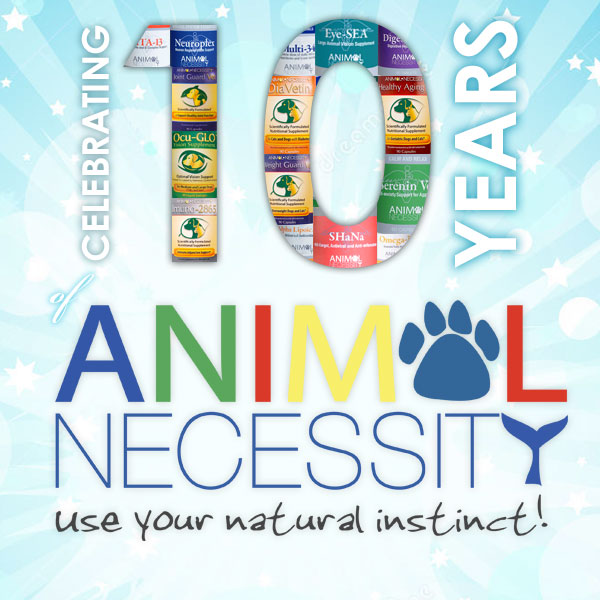
Animal Necessity is celebrating our 10 year anniversary! Our dedication and passion to help animals of all shapes and sizes drives us to be a part of many organizations and activities all throughout the world. From research to beach cleanups, we do whatever it takes to help make a positive impact on animals everywhere.
Scroll down or use the menu below to check out what we've been up to!
Research Coastal Steward Reef Restoration Go Green! Orca Awareness

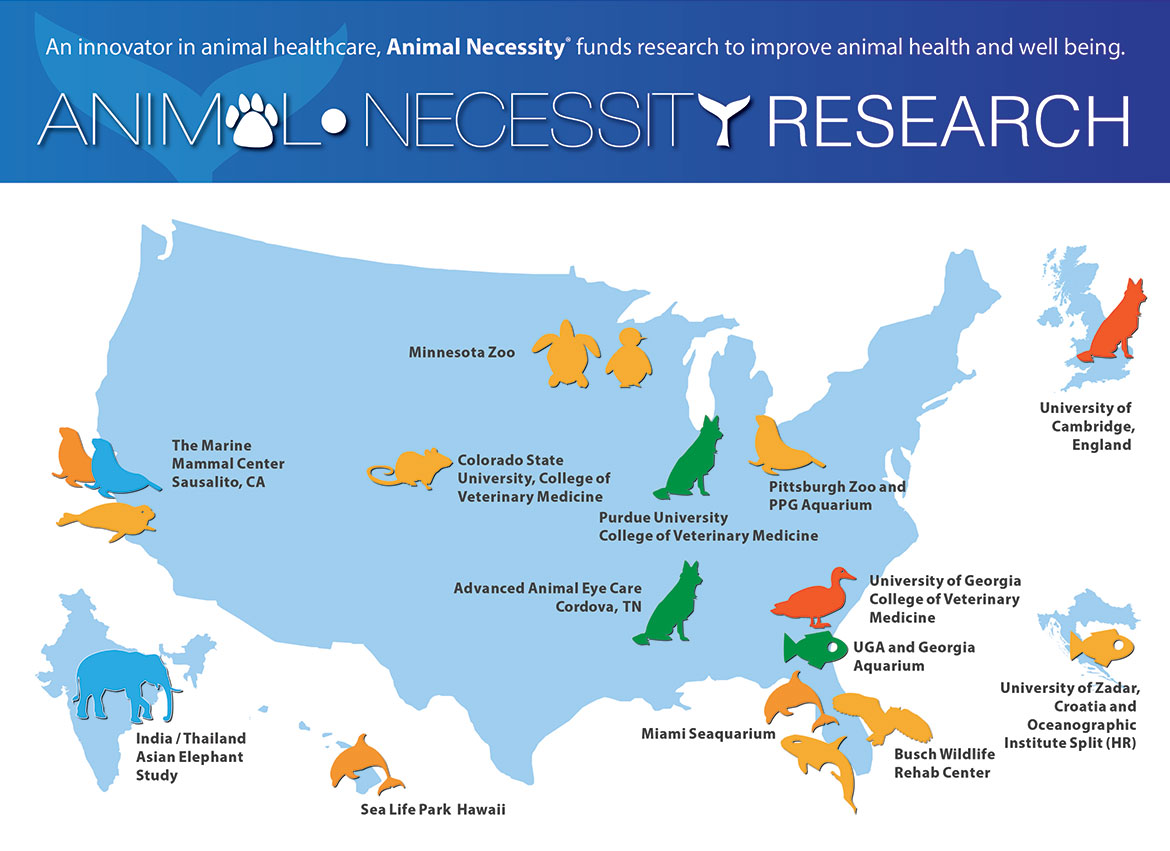
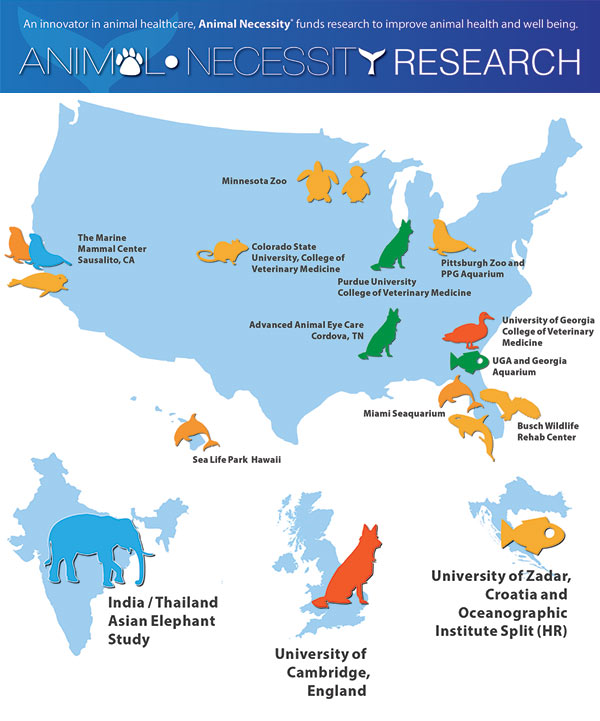

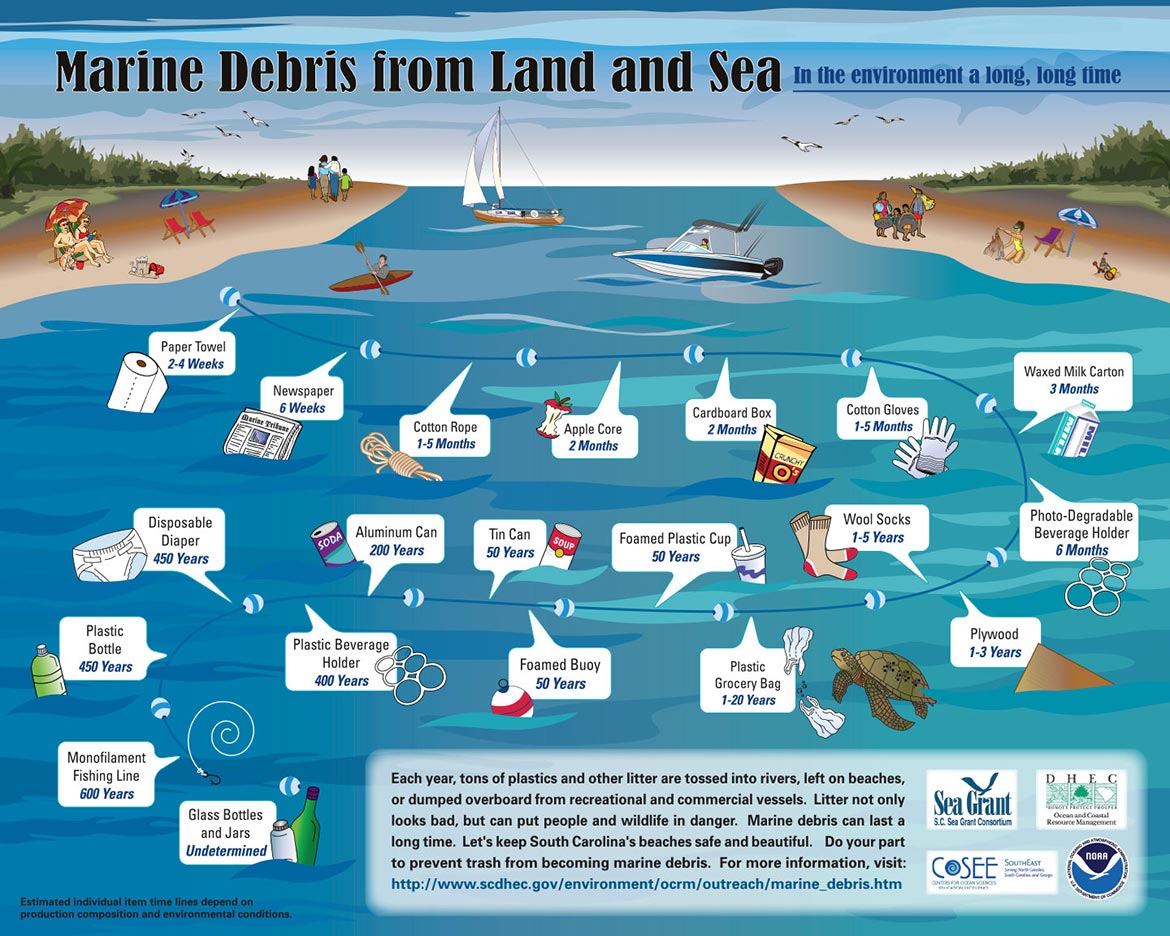
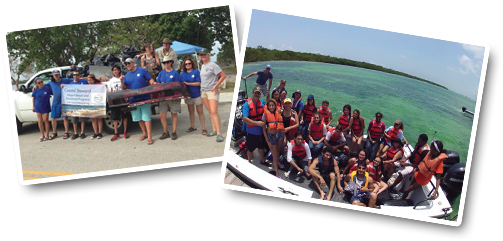
Great morning for Coastal Steward's beach cleanup in Biscayne National Park!! More then 50 volunteers showed up to help us reach our goal of cleaning one ton of trash off the beaches at Elliot Key!
#beachcleanup #biscaynepark coastalsteward #oneocean #animalnecessity #beaches
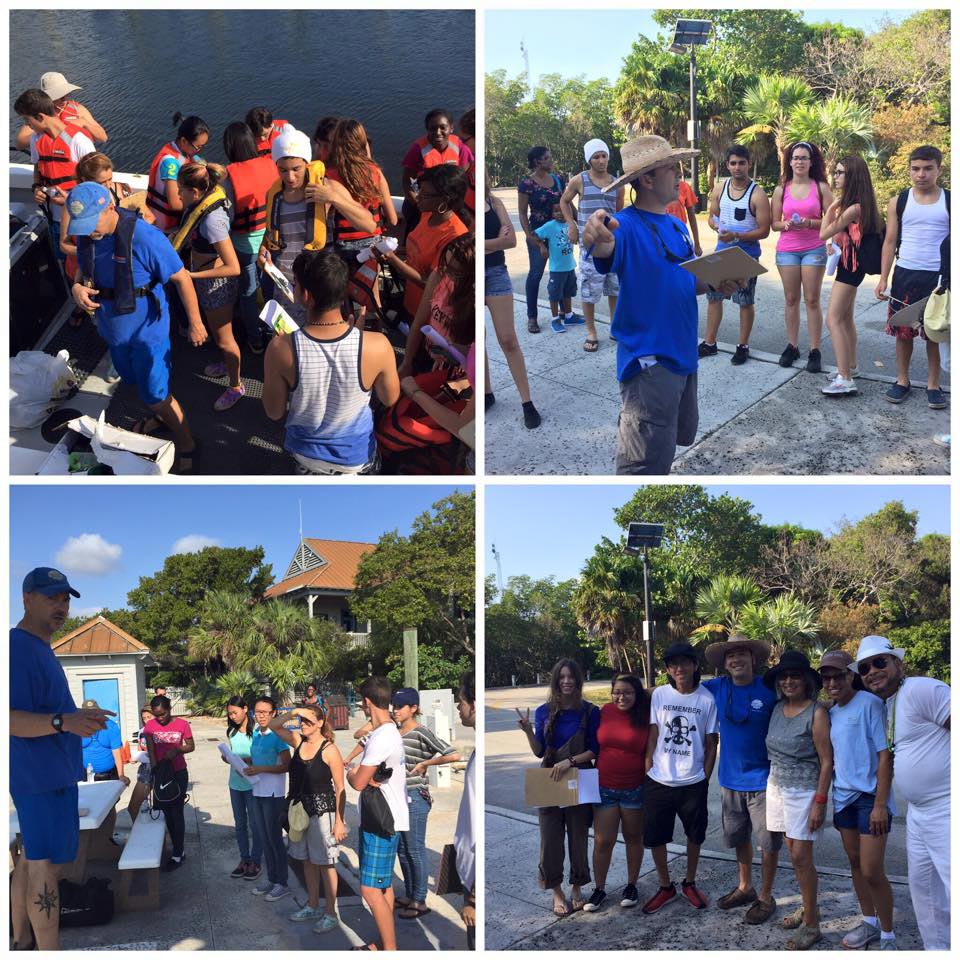

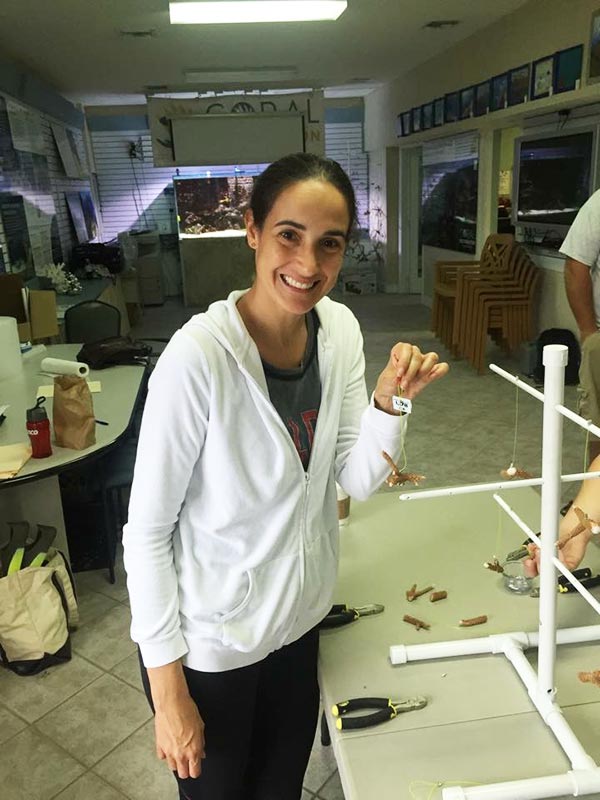
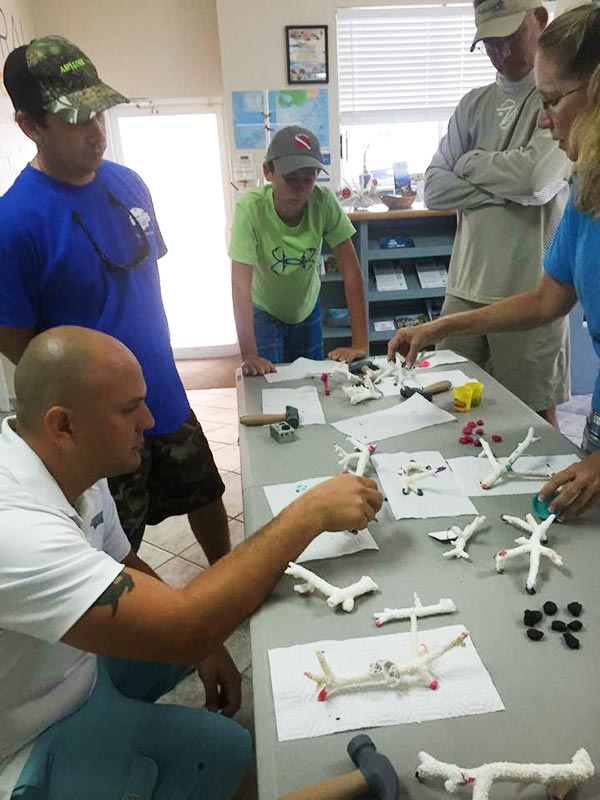
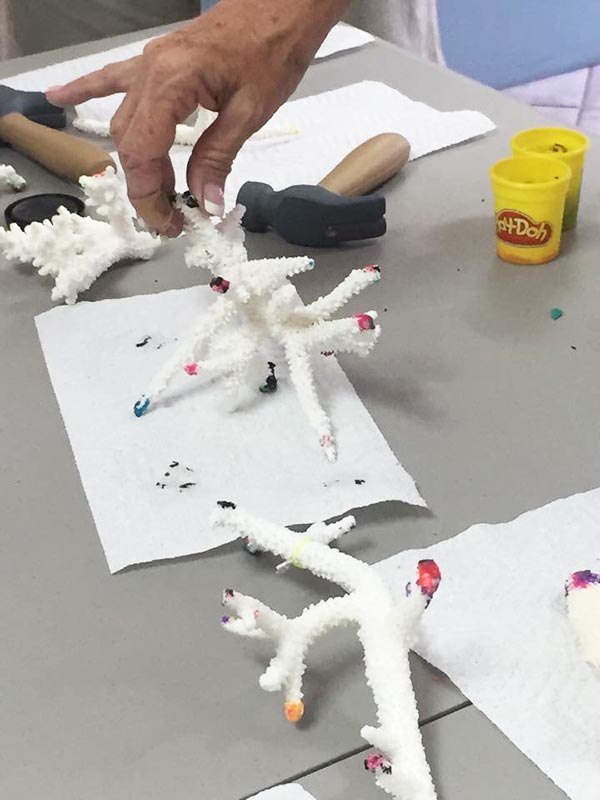
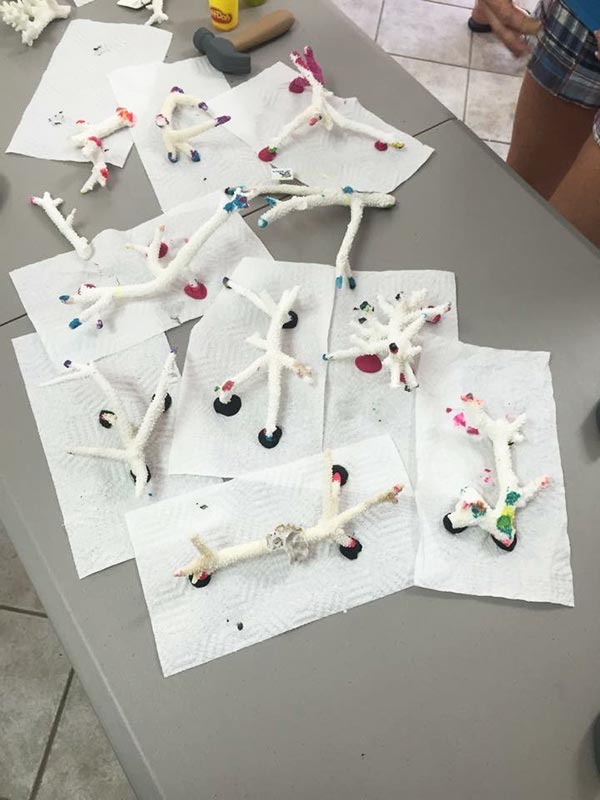
Florida key corals such as Staghorn (Acropora cervicornis) and Elkhorn (Acropora palmata) are facing local extinction from various environmental stressors.
The Coral Restoration Foundation is a non-profit conservation organization dedicated to creating off-shore nurseries and restoration programs for threatened coral species. These "home grown" corals are successfully raised and outplanted at reef sites.
Here Joe and Jo (co-founders of Animal Necessity) spent the day getting their coral restoration certification planting new corals in Key Largo. We welcome all to join this amazing association so our children will be able to see the beautiful natural corals in the future.
"My favorite part," said Dr. Johanna Mejia-Fava, "was after we outplanted one of the new corals, a few reef fish came and started to eat from it, it was amazing to see this."

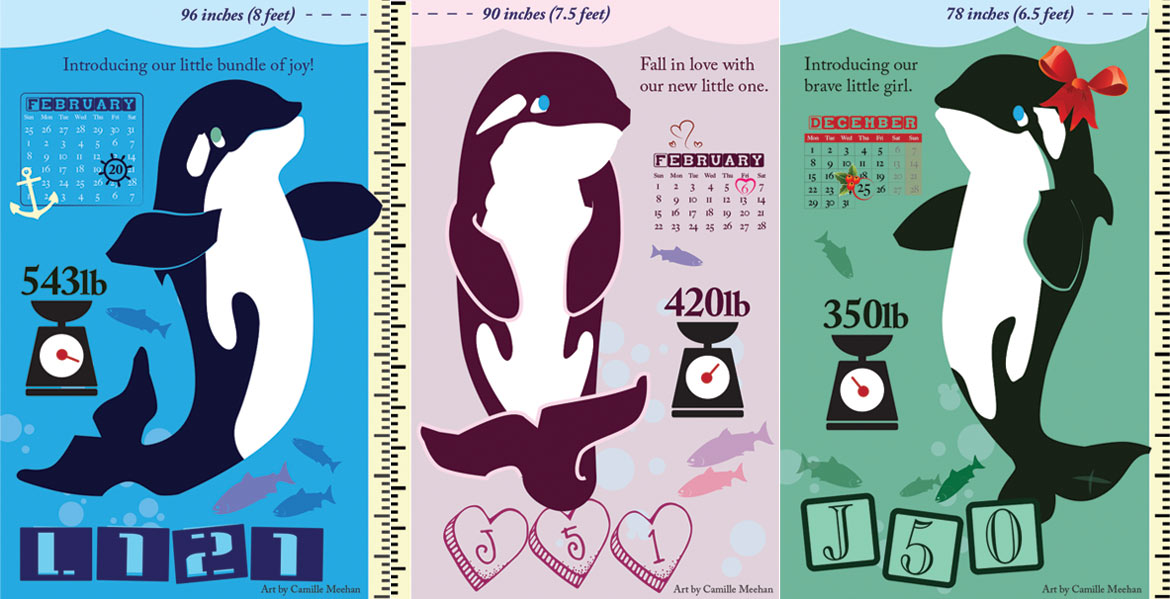
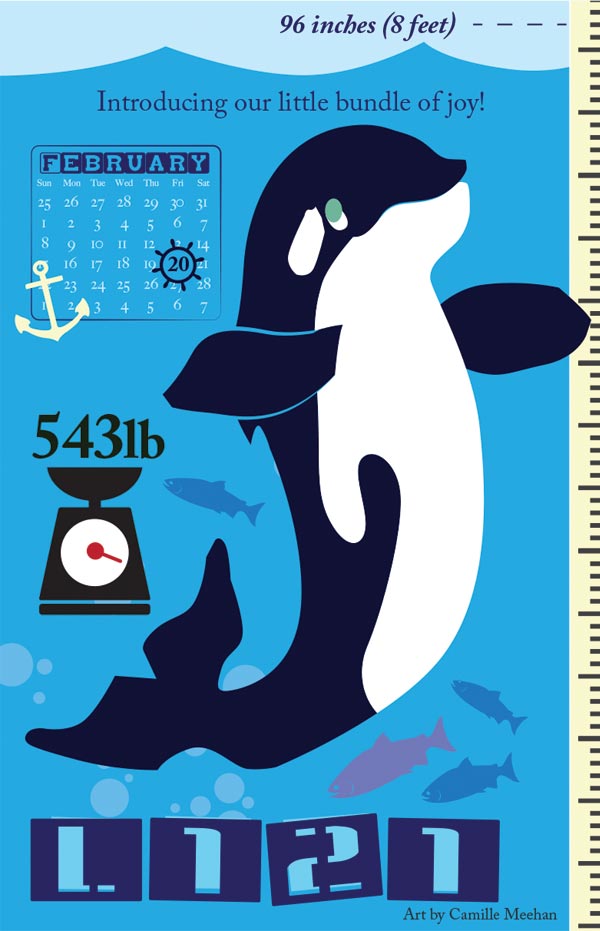
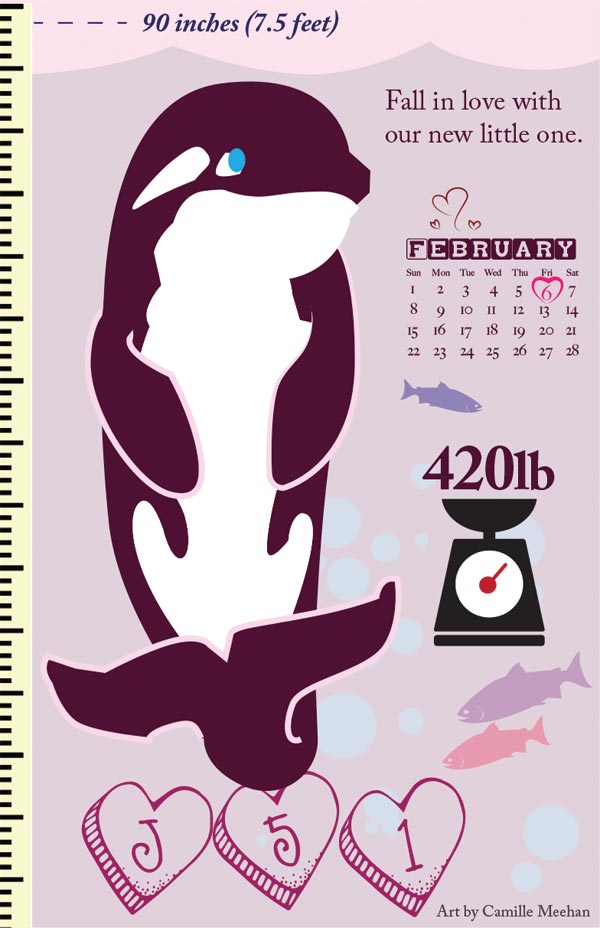
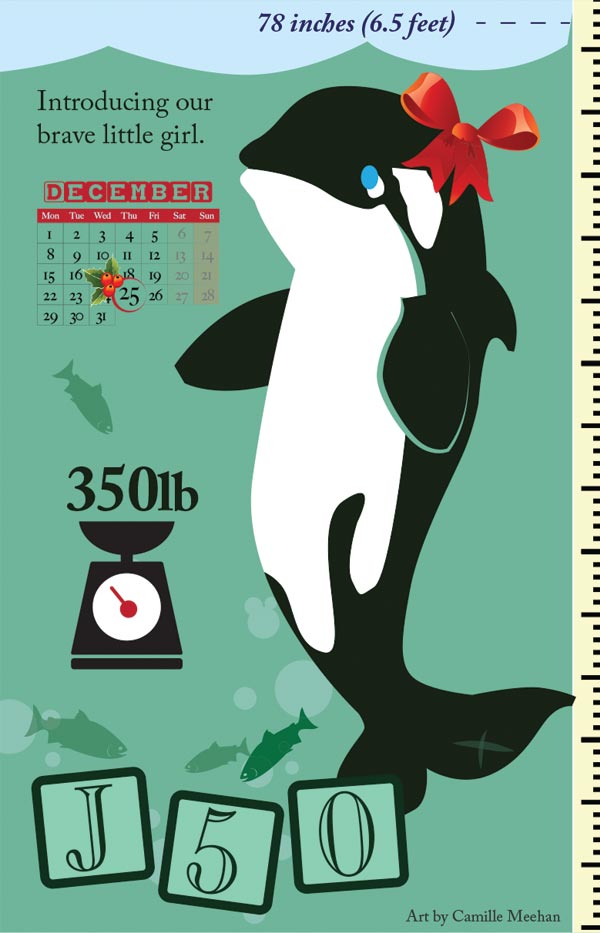
Camille Meehan is an artist from the Pacific Northwest making an effort to increase public awareness of the endangered Southern Resident Orcas by creating adorable orca birth announcements.
While performing the customary function of a birth announcement, ala "It's a girl!" the announcements also serve to educate the population on the challenges facing the population as a whole. Some of the biggest problems the orcas face are pollution and starvation.
What can you do to help? Work to keep ocean waters clean by not dumping medications, food scraps or garbage down the drain and by washing your car at the car wash not in the driveway. Always do your best to reduce, reuse and recycle to limit the amount of trash in the sea. Use natural yard care techniques and reduce pesticide and fertilizer use as that can drain from your yard into the waterways and kill off the foundation of the orcas' food pyramid.
Help keep the new baby orcas fed by supporting your local Salmon habitat reconstruction organizations. Finally, please consider a contribution to the Center for Whale Research an organization dedicated to the study and conservation of the Southern Resident Orca. Together we can save these beautiful and intelligent animals.
You can read more on Orca Awareness Month on Camille's website.